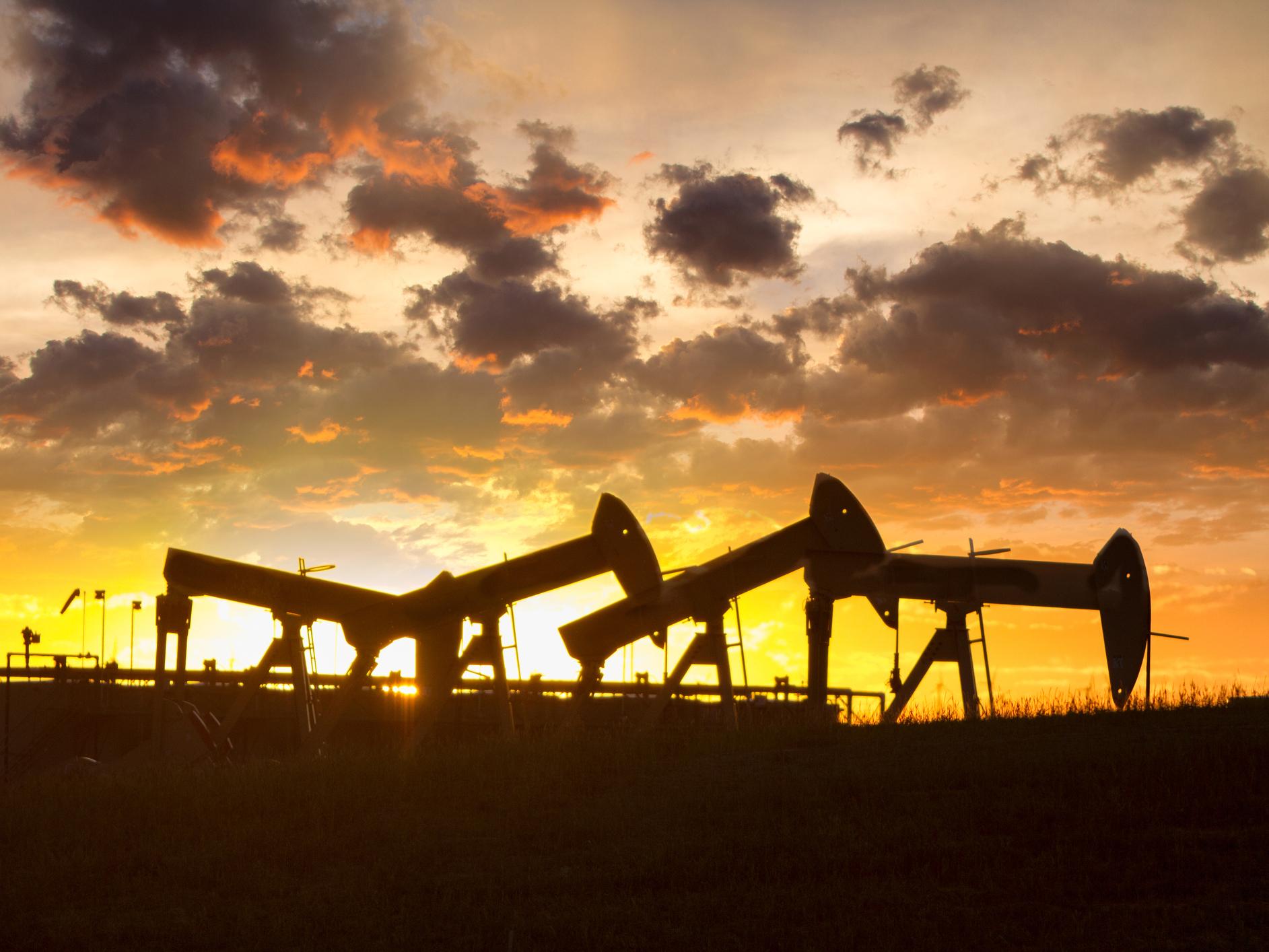From green activists to Tory MPs, why does everyone hate fracking so much?
Analysis: After warnings about an imminent climate change catastrophe, Josh Gabbatiss asks if opposition to fracking in the UK is justified


The world’s leading climate scientists released a major report this week that sent shockwaves around the world. Amid the anger, hope and denial there was a group of voices repeating a mantra that has been resounding around Britain for years: ban fracking.
Invigorated by the Intergovernmental Panel on Climate Change’s findings, environmental groups pointed out that the government’s insistence on extracting shale gas from beneath British soil was rather at odds with the conclusion that fossil fuels should be phased out fast.
They also pointed out, as they often do, that fracking is highly unpopular – and they have a point. The latest polling suggests that just 18 per cent of the British public are in favour of it.
Letters recently published by The Independent and signed by hundreds of scientists and trade union members in support of the anti-fracking protesters jailed last month show how deep and widespread aversion to fracking is.
There are also ever mutinous mutters within the Conservative party. Councillors and MPs are increasingly concerned about unhappy constituents being lumbered with wells in their backyards (and, perhaps more importantly, the effect that will have on those constituents’ voting habits).
Is the dislike of fracking justified? Just because something is unpopular, that doesn’t mean it’s wrong – but in this case, the widespread antipathy is understandable
On one end of the spectrum – the outward looking, global view – there is opposition on the basis of climate change. Shale gas is of course a fossil fuel, and although it’s cleaner than coal, it’s obviously not cleaner than wind or the sun. The government is concerned that we need gas to see us through the transition to renewable energy. However, considering the IPCC’s warning that essentially all current targets to cut carbon emissions are insufficient, the time for such halfway measures may be over.
Then there is the far more localised concern about having fracking wells near people’s homes. There is an element of nimbyism here, of course, but some of the issues raised are legitimate. Fracking previously faced a moratorium in England after operations in 2011 caused small earthquakes, and if operations are scaled up we will need to find somewhere to put the massive volume of toxic wastewater it produces.
All of this may be irrelevant, considering the long way we have to go until fracking goes from being a handful of exploratory wells to a fully-fledged industry in the UK.
For fracking to be a worthwhile British investment, over 6,000 wells would need to be built. Lee Rowley, the MP for North East Derbyshire, recently pointed out that in Derbyshire alone this would mean hundreds of operations.
Considering the difficulty firms like Cuadrilla have had getting even one off the ground over the past decade, it’s difficult to see how this is ever going to become viable – especially with the clock ticking on our use of fossil fuels.
Join our commenting forum
Join thought-provoking conversations, follow other Independent readers and see their replies
Comments